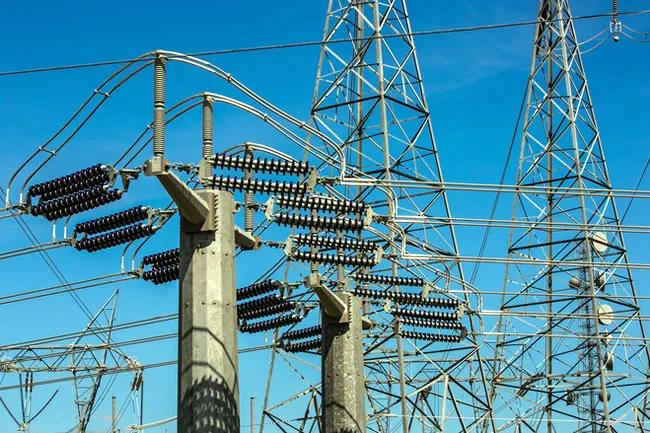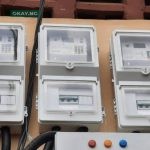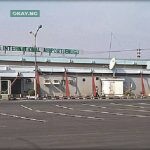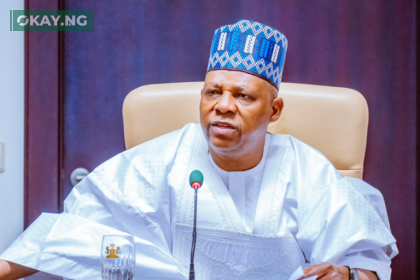The spectre of darkness once again descended upon Nigeria on Wednesday, February 12th, 2025, as the national grid experienced a system collapse, plunging millions of citizens into darkness. This incident, the first of its kind this year, serves as a stark reminder of the chronic instability that plagues the country’s power sector.
Ikeja Electric Distribution Company, one of the major electricity distribution companies in the country, confirmed the outage via its official X account. “Please be informed that we experienced a system outage today 12th February, 2025, at 11:34hrs affecting all our feeders. Restoration of supply is ongoing in collaboration with our critical stakeholders,” the company stated.
This latest collapse echoes a grim pattern of instability that has plagued the Nigerian power sector for years. In 2024 alone, the grid suffered a staggering twelve consecutive collapses, a grim testament to the fragility of the nation’s energy infrastructure.
The impact of these frequent outages extends far beyond the inconvenience of lost productivity and disrupted daily routines. Businesses, particularly small and medium-sized enterprises (SMEs), bear the brunt of these disruptions, facing significant losses due to halted operations, damaged equipment, and lost revenue. Hospitals and clinics are forced to rely on expensive and unreliable backup generators, jeopardising patient care. For ordinary Nigerians, the constant power cuts create immense hardship, impacting their livelihoods, education, and overall quality of life.
Beyond the immediate disruptions, these frequent grid collapses have profound economic consequences. They hinder industrial growth, discourage foreign investment, and exacerbate poverty. The Nigerian economy, heavily reliant on small businesses and agriculture, cannot thrive in an environment of constant power outages.
Read Also: Nigeria Targets $15 Billion in Private Investment to Revamp Struggling Power Sector
Addressing this persistent crisis requires a multi-pronged approach. Firstly, there is an urgent need for significant investments in grid infrastructure to enhance its resilience and reliability. This includes upgrading transmission and distribution networks, improving grid monitoring and control systems, and enhancing grid stability through the integration of flexible resources like renewable energy.
Secondly, the government must accelerate the much-needed reforms within the power sector. This includes addressing the issue of inadequate gas supply to power plants, improving the efficiency of electricity distribution companies, and creating a more competitive and investor-friendly environment for the sector.
Finally, the transition to cleaner and more sustainable energy sources, such as solar, wind, and hydropower, is crucial for ensuring long-term energy security and reducing reliance on the fragile national grid.
The recurring grid collapses serve as a stark wake-up call. The Nigerian government and all stakeholders must prioritise the stabilization of the power sector. The economic prosperity and social well-being of millions of Nigerians depend on it.












